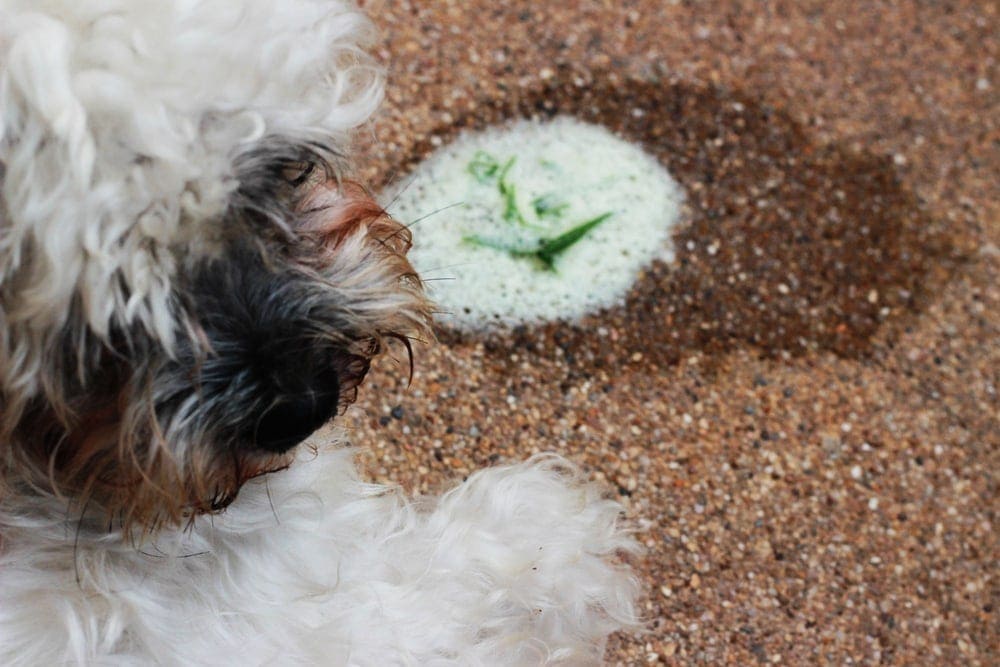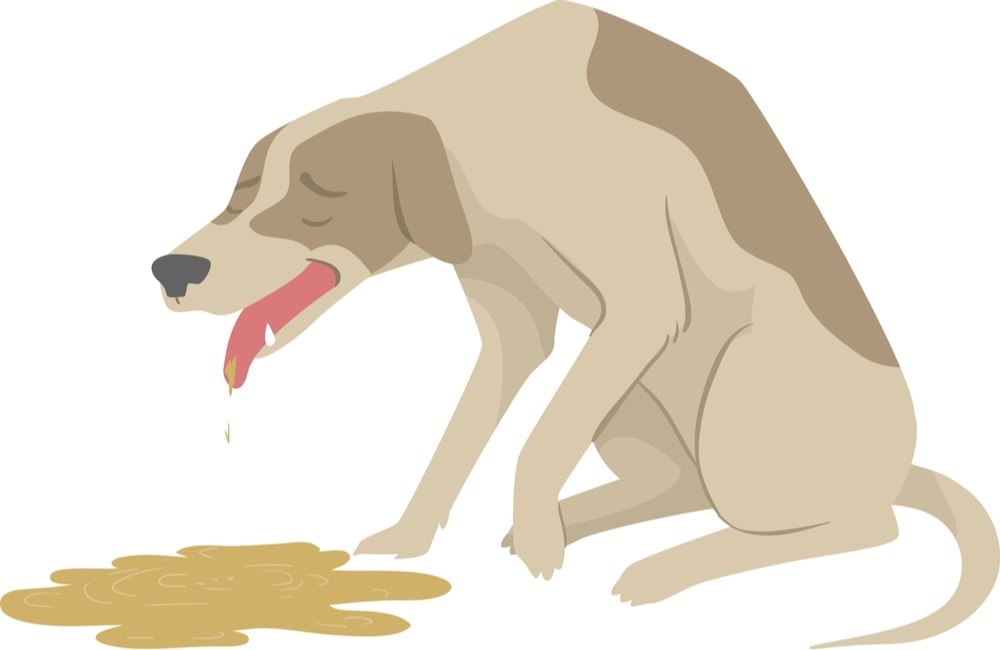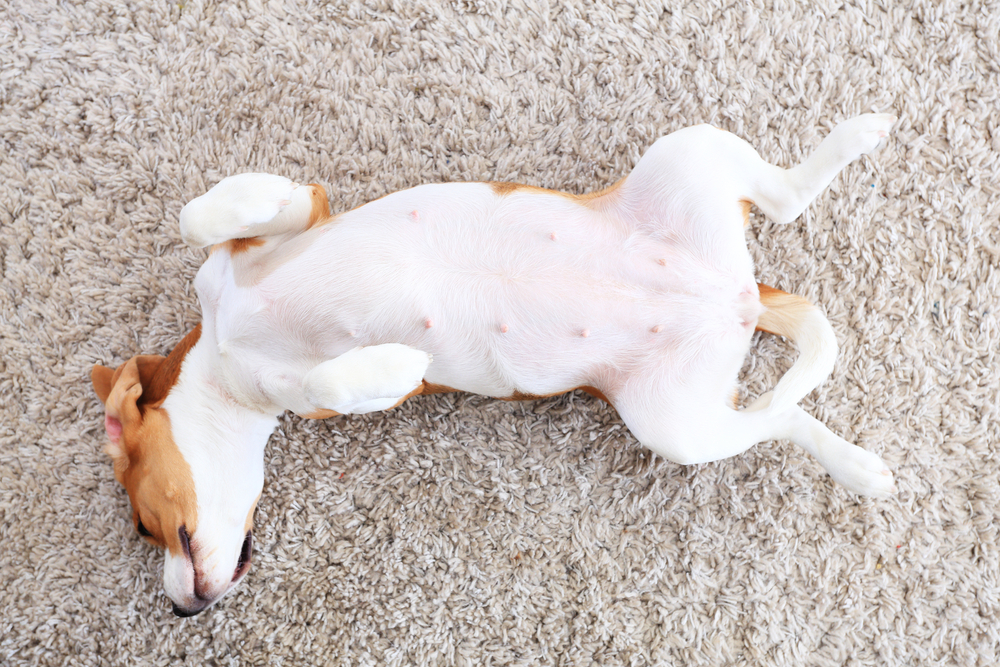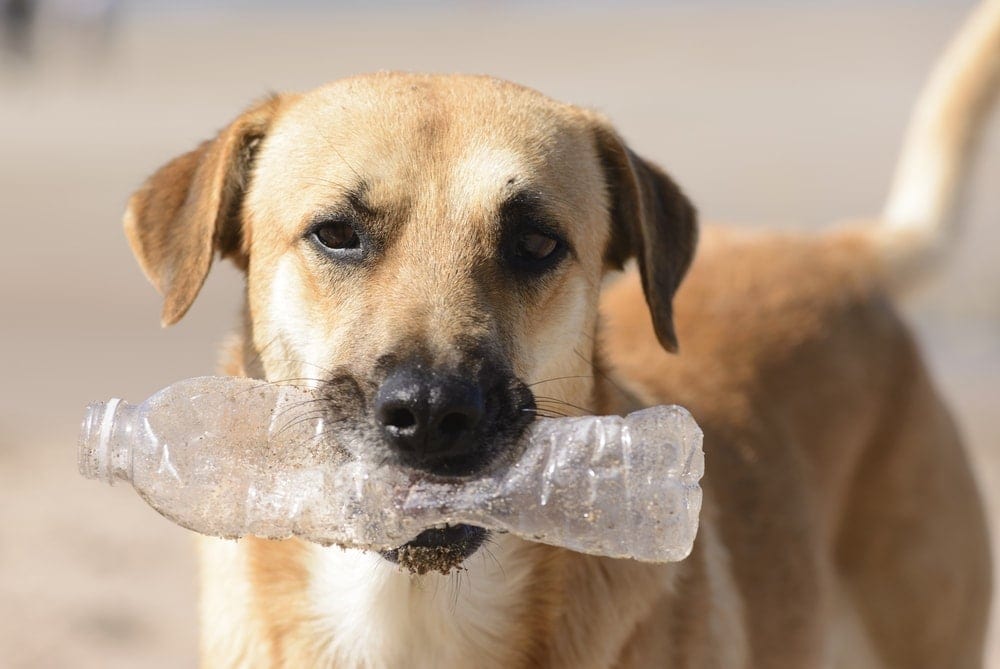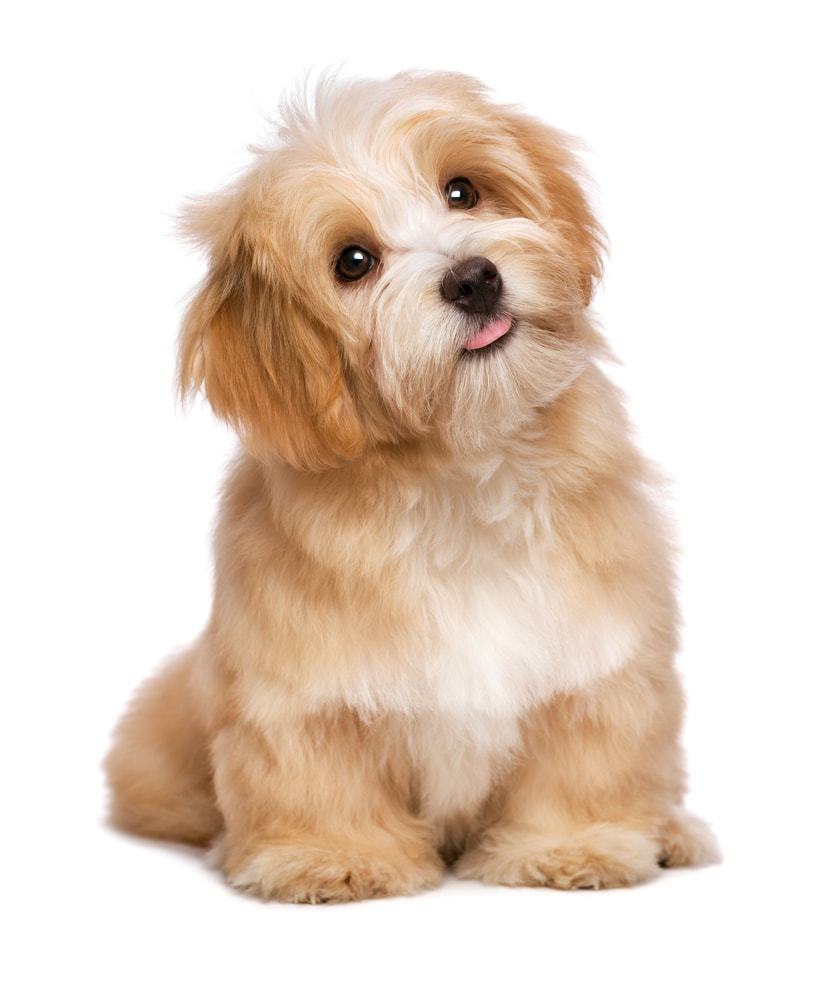If your dog is panting a lot at night, there is a reason for it.
There are numerous possible explanations for this behavior that you should be aware of. The fact is that panting can be a sign of a serious medical problem.
Why Do Dogs Pant?
Dogs pant as a way of regulating their body temperature, as they do not sweat like humans. Panting is characterized by heavier-than-normal breathing with their mouth open and tongue out.
There is, however, a big difference between normal panting and strained breathing. If your dog is having difficulty breathing, they’ll likely make other sounds like that resemble whining. Regular panting is perfectly normal, whereas this is definitely a cause for concern.
Reasons that Dogs Pant
Because there are numerous reasons for a dog’s panting, it is important that you know what some of them are. The more you understand about this behavior, the easier it will be to identify the cause for your dog’s panting at night.
1. They are Stressed
One of the main reasons that a dog pant at night is because of stress. When the sun goes down and things become quieter, a stressed dog can become very anxious. This could be due to separation anxiety or a specific trigger like a sudden loud noise. A lot of dogs have problems with stress, and it can be quite taxing on their overall health.
There is a chance that your dog is stressed because they aren’t getting enough attention from you. Even minor neglect can have a severely negative impact on a dog’s emotional wellbeing. You might want to try to spend a little more time interacting with your dog on a daily basis.
Another possible explanation for panting due to stress is that you’ve just moved into a new home. A sudden change of residence can produce a stress reaction in dogs and other animals people commonly keep as pets. If this is the case, you’ll need to do everything possible to make them feel comfortable.
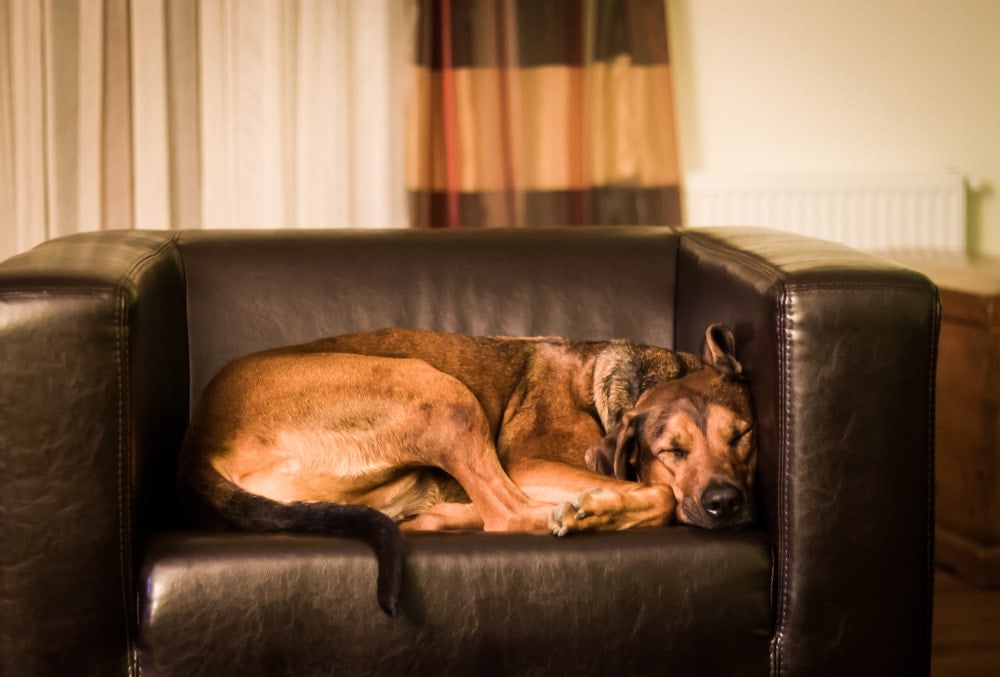
2. They Are in Pain
It’s also possible that your dog is panting at night because they are in physical pain. There are lots of different things that can cause this, such as chronic conditions like arthritis. They might have problems with their teeth that are causing them discomfort.
Some of the other signs that your dog might be in pain include:
- Whining noises
- Limping or change in gait
- Lethargic behavior
- Lack of appetite
If it seems like your dog is panting due to physical pain, it is important that you get them to the vet right away. Your veterinarian should be able to determine the precise cause of your dog’s discomfort.
You’ll also want to check your dog all over to make sure they have not sustained any injuries. This is another possible explanation if your dog is in physical pain. Sometimes small injuries go overlooked, especially if the owner doesn’t look them over on a regular basis.
3. Fever
When your dog is panting heavily at night despite a normal inside temperature, they could have a fever. If your dog’s internal temperature has spiked due to a fever, they will most likely start panting to cool themselves down.
A fever is a common sign of illness and should not be ignored. You can take your dog to the vet to determine whether or not this is the case.
You also have the option of doing this at a home with a thermometer. You’ll have to take the dog’s temperature rectally in order to get an accurate reading. The normal temperature for a dog is anywhere from 100.5 to 102.5. If you discover they have a fever, it’s time to pay a visit to the vet.
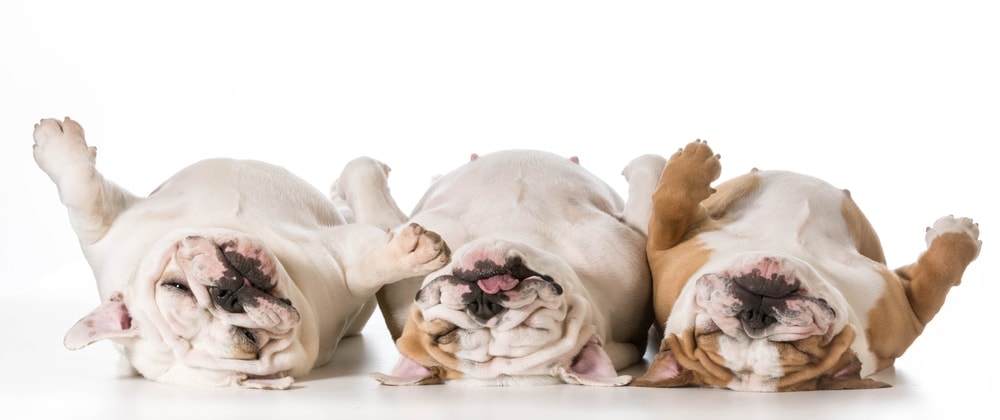
4. Difficulty Breathing
Excessive panting can also be a sign that your dog is having difficulty breathing. This could be due to emotional or physical pain. Either way, it is crucial that you get your dog looked at by a vet right away. This is a symptom of a serious problem that needs to be treated immediately.
Dogs that are severely overweight often experience labored breathing. The extra weight puts additional strain on their respiratory system, causing them to breathe heavier and more rapidly. If your dog is obese, you’ll need to take steps to get them back to a healthy weight.
The best way to help your dog lose weight is to put them on a strict diet that is nutritious and low in calories. You also need to make sure they are getting enough exercise each day. These things can really help with helping your dog live a long and healthy life.
5. Symptom of Medication
There are some medications for dogs that can cause panting as a side effect. It is important that you take a look at all of the potential side effects of any medication you give your dog. This is fairly common with medications that are used to treat pain in dogs, such as tramadol.
Conclusion
- Panting is usually a normal behavior for a dog, as it helps them maintain normal body temperature.
- If your dog is panting at night, it could be due to emotional stress or anxiety.
- Neglecting your dog even a little bit can cause it to become stressed and pant excessively at night.
- There is also a chance that your dog is in physical pain to a medical condition or injury that is sustained at some point.
- A spike in your dog’s temperature due to fever can also cause panting.
- If your dog is having problems breathing because of a respiratory problem, they will likely pant more than usual.
- If your dog is still adjusting to a new home, they could be panting more than usual at night.
- Some medications can cause excessive panting as a side effect, especially opiate pain drugs.




